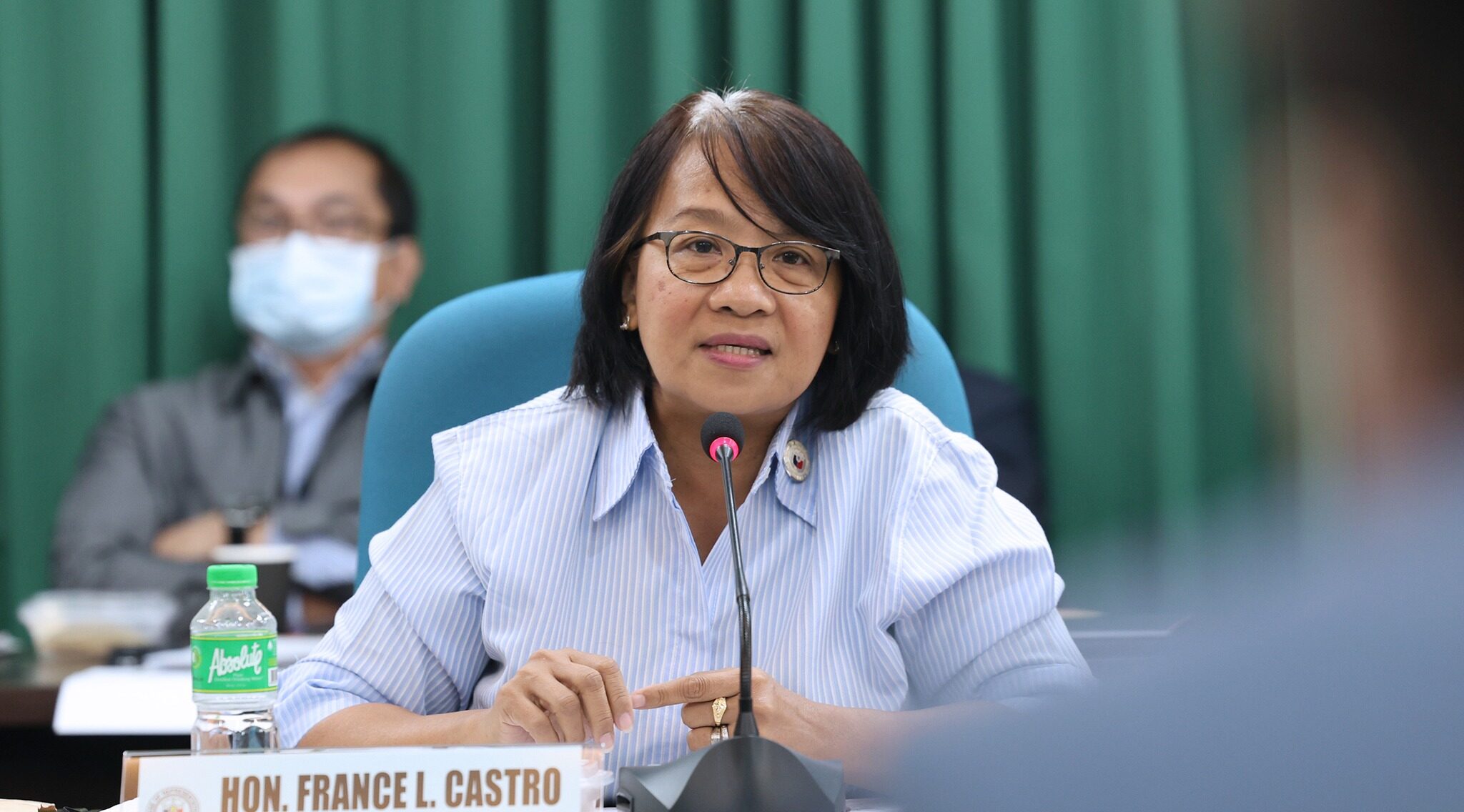
BENGALURU: Karnataka boasts of having the third-highest number of rural Primary Health Centres (PHCs) in the country and ranks second in the number of sub-divisional hospitals. However, despite the progress made throughout 2024, incidents like Ballari maternal deaths raises a question — Can the healthcare system regain the public’s trust? And while we highlight public trust in the healthcare system, the increasing attacks on healthcare professionals this year also emphasise a contrasting challenge. The Health Department saw significant developments in 2024.
Amid growing concerns over non-communicable disease (NCDs), the department introduced the highly anticipated Gruha Arogya Yojana this year, beginning in Kolar. The scheme is set to expand steadily in 2025. The department’s Food Safety and Quality branch, sitting silently until February, came into action in 2024, after Tamil Nadu and Puducherry took the lead by banning chemicals in cotton candy.

Karnataka, however, took a different approach, with monthly crackdowns ensuring nothing was left unchecked. From ‘paani puri’ and ‘shawarma’ to cakes, PG food, and railway station snacks, the regulatory body left no item untested, establishing its presence this year. One of this year’s decisions that came as much relief for medical students is the government’s move to relax the mandatory rural service rule which required medical graduates to serve one-year stint in rural areas.
And while this was celebrated and also brought state recognition, healthcare workers at the same time were left vulnerable, with rising attacks leaving them in fear. The Kolkata RG Kar case and attack on a Chennai oncologist, highlighted critical issues — lack of doctor’s rooms, delayed payments, and the long-pending implementation of the Central Health Protection Act, which has been stalled since 2022. While we, as a progressive state, strive for healthcare advancements, the government must realise that we can no longer overlook what might seems like a minor concern.
Dengue, which often flies under the radar like aedes mosquitoes, accounted for over 30,000 cases this year. It’s time for a change — while this issue reappears annually, citizens should not have to endure the same consequences year after year. Although Karnataka takes pride in its mental health initiatives like the Brain Clinic and Telemanas, incidents like the Ballari maternal deaths, which devastated several families, expose a major gap that needs to be fixed.
These tragedies reveal critical issues — whether it’s poor oversight of medical supplies, inadequate training for healthcare workers, or weak communication between hospitals and authorities. The state must address these flaws immediately to ensure every citizen can rely on the healthcare system when it matters most. Under the umbrella of NCDs and communicable diseases, while much has been done this year — through helplines and expanded surgeries under Ayushman Bharat Arogya Karnataka — much more still needs to be done.
And to begin with, the state should pick up from where it left off and ensure that spurious, substandard drugs don’t end up deciding between life and death for citizens..











